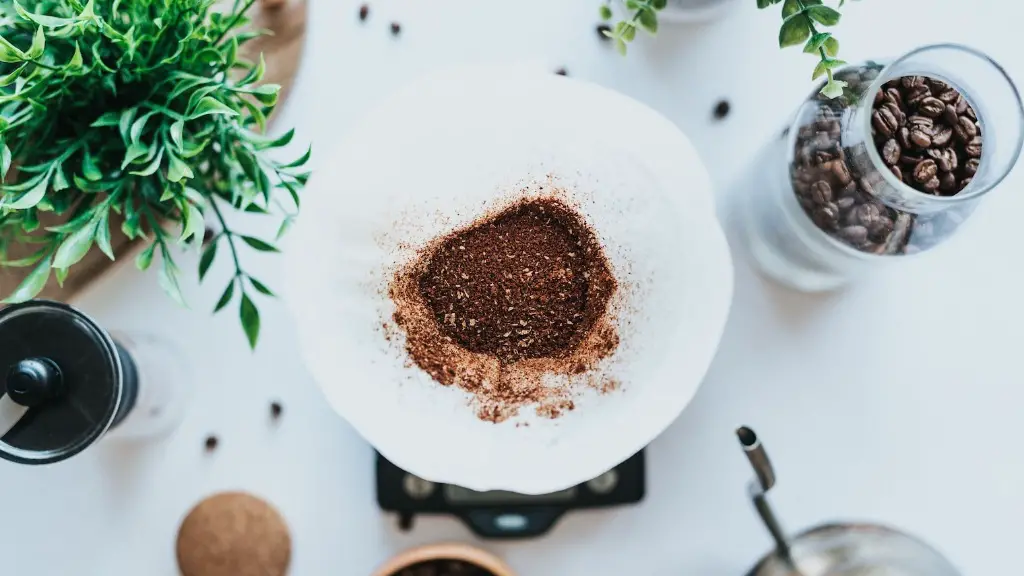Does Coffee Make You Constipated?
Coffee is enjoyed by millions of people every day, and it’s even been hailed as a secret to longevity. But what happens when coffee begins to affect regularity in the bathroom? Could the beverage that has long reigned as one of the most popular drinks also be the source of stomach problems? Read on to find out.
Caffeine is the primary stimulant involved in coffee, and it is naturally occuring in cocoa beans, as well as tea leaves and kola nuts. Caffeine works by binding to receptors in the body that act as stimulants. This means it can increase alertness and wakefulness. It also stimulates digestion, which can make you feel hungry, but it is also known to decrease gastrointestinal motility and can lead to constipation.
That being said, there is no real scientific consensus on how much coffee is needed to cause constipation. A study published in 2018 concluded that for people with normal functioning intestines, limited coffee does not significantly increase the risk of constipation. For people with pre-existing constipation, however, the effects of coffee on digestion could be much more pronounced.
One theory suggests that the diuretic effect of coffee causes dehydration, which can impair normal digestion. Drinks that are high in caffeine, such as coffee, can cause our bodies to produce more adrenaline, which is also known as a fight-or-flight hormone. This hormone can cause the body to experience dehydration, as we’re using more liquid to produce the hormone than we’re taking in.
A review in 2020 also found that regular coffee consumption, specifically high-caffeine varieties, can lead to feelings of hunger and constipation in some people. The results indicated that people with a higher sensitivity to caffeine may be more adversely affected and experience constipation.
Therefore, it’s important to monitor your own individual reaction to caffeine-containing beverages. In addition to causing dehydration, coffee also contains certain compounds that may irritate the GI tract, such as tannins and acids. If you find that drinking coffee is causing you constipation, you may want to switch to a caffeine-free variety or drink smaller amounts of it.
Common Causes of Constipation
Constipation is a common condition in which an individual finds it difficult to have a bowel movement. It is often accompanied by a feeling of bloating and discomfort. The exact cause of constipation is often difficult to determine, as it can result from a combination of factors. Common causes of constipation include a low-fibre diet, inadequate water intake, and medications such as painkillers and antidepressants.
Health conditions like irritable bowel syndrome (IBS) and thyroid disorders can also contribute to constipation, as can pregnancy and age-related changes. Even stress, travel, and changes in routine can lead to constipation.
Lifestyle Choices to Support Healthy Digestion
In order to promote healthy digestion, it is important to be aware of potential lifestyle changes that could help relieve constipation. Eating plenty of fibre-rich foods, such as fruits, vegetables, and whole grains, can help stimulate regular bowel movements. It’s also important to drink plenty of water, as dehydration can contribute to constipation.
Moderate exercise, on the other hand, can stimulate the muscles in the GI tract to help regularity. Finally, it’s important to make time for relaxation. Stress-relief activities, such as breathing exercises, yoga, and mindfulness, can help reduce the risk of constipation.
Natural Remedies for Constipation
In addition to lifestyle changes, there are some natural remedies for constipation that can help soothe symptoms and promote regularity. Another dietary option is to include more probiotics in your diet, as these can help promote more regular bowel movements.
Consuming herbs such as ginger, fennel seed, and psyllium powder can also help move things along. Additionally, senna, an herbal laxative, is available in many forms and can provide relief from constipation.
When to See a Doctor
If natural remedies or lifestyle changes are not improving symptoms of constipation, it may be time to see a doctor. Chronic constipation can lead to serious health issues, such as obstructive bowel movements, and should not be ignored.
Your doctor can help diagnose the underlying cause of your constipation and recommend the right course of treatment. They may also order additional tests and refer you to a specialist for further evaluation.
Conclusion
Coffee is one of the world’s most popular beverages, but it can also be the source of digestive problems. Caffeine is the primary stimulant in coffee that can affect intestines and can potentially lead to constipation. Monitoring your individual reaction to caffeine-containing beverages is key, and making simple lifestyle changes can help, as can natural remedies such as probiotics. If these don’t help, it’s best to seek medical advice to rule out any underlying health issues.

